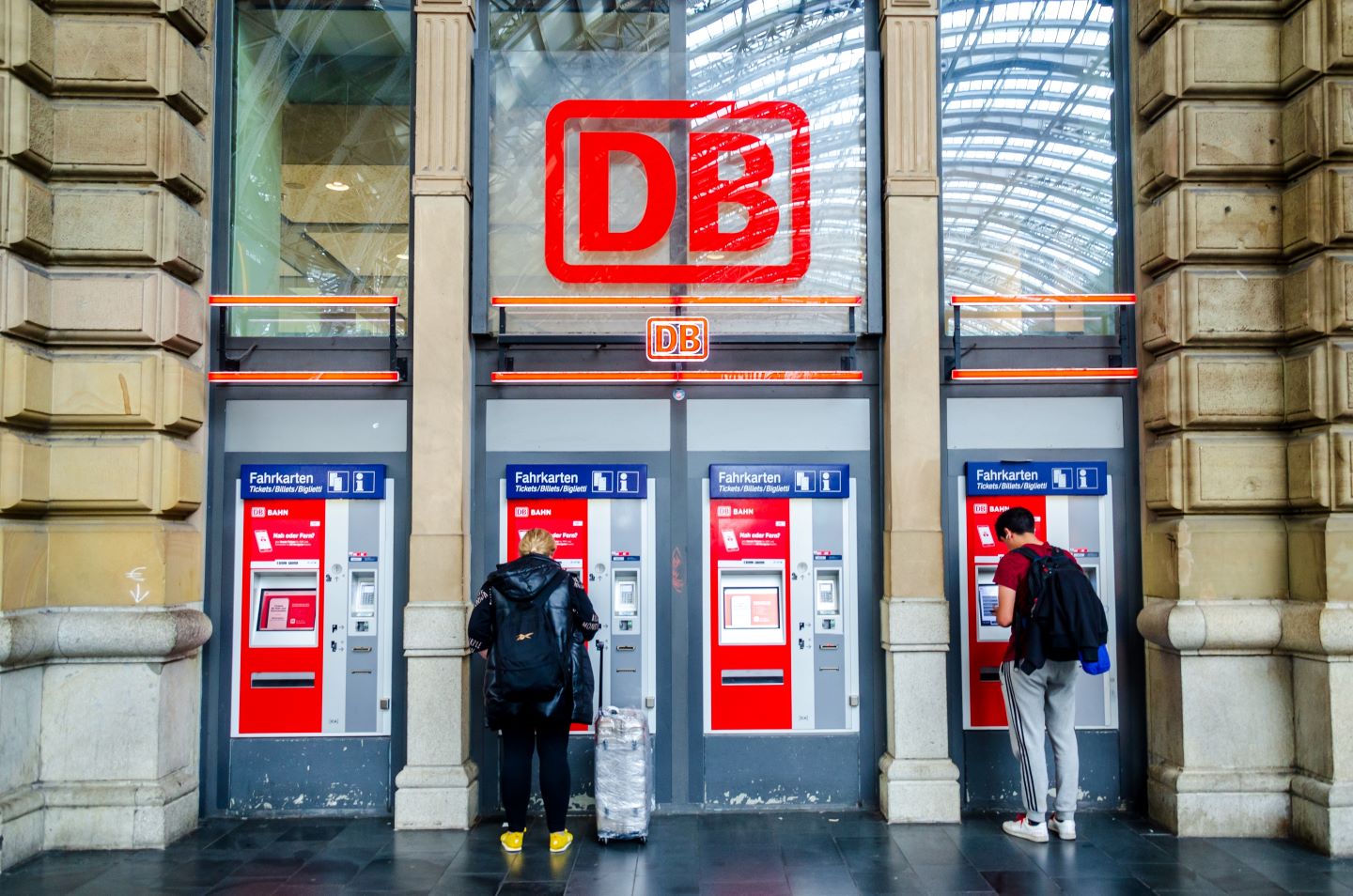
Trains across Germany will be affected by driver strikes in January, the Gewerkschaft Deutscher Lokomotivführer (GDL, German Train Drivers’ Union) confirmed, as talks with Deutsche Bahn stalled.
GDL union members at DB, Transdev and City Bahn Chemnitz will begin industrial action on passenger services from 10 January to 12 January, due to escalations in wage and working hours disputes.
Drivers on DB Cargo services will walk out a day earlier, from 9 January at 6 pm. This arrangement follows a 24-hour walkout by rail staff in December, affecting multiple DB services and millions of passengers.
However, the national rail provider DB said the walk-out would be illegal, and it aimed to stop the strike with a court injunction.
“This strike is not only completely unnecessary, but we also consider it to be legally inadmissible,” said Martin Seiler, DB’s chief human resources officer. “The GDL leadership has overreached, it must finally come to its senses,” Seiler added.
DB said it would seek an order to prevent the industrial action from a special labour court in the state of Hesse.

US Tariffs are shifting - will you react or anticipate?
Don’t let policy changes catch you off guard. Stay proactive with real-time data and expert analysis.
By GlobalDataThe key point of conflict between DB and GDL is the union’s desire to lower weekly working hours from 38 to 35, spanning across four days.
The union is further seeking an increase in salaries by €555 ($606) in two steps, as well as an inflation compensation bonus of €3,000 ($3,283).
According to GDL, the DB Group refused to hold talks about “legitimate core demands” and has not put forward a “negotiable offer.”
The industrial action comes months after DB’s rail modernisation plans. As previously reported, Volker Wissing, Germany’s Minister for Transport, revealed a €40bn ($42.7bn) investment available through 2027 for Germany’s “neglected rail infrastructure”.



